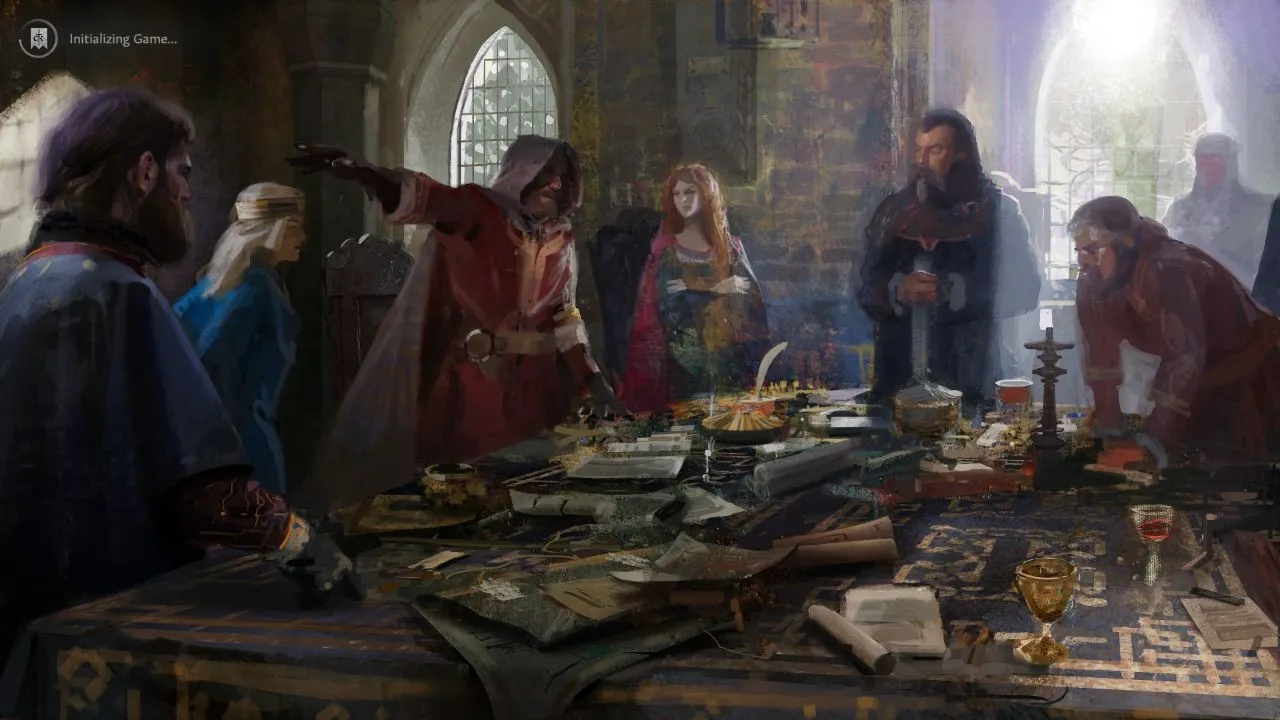
Crusader Kings III: A Grand Strategy Masterpiece
The grand strategy genre, with its roots in board games, has seen a decline in recent years. The slow, deliberate pace often clashes with today’s fast-paced world. Yet, amidst this trend, Paradox Interactive, a veteran in the gaming industry, continues to deliver high-quality grand strategy titles, maintaining a loyal fanbase for over two decades. One such title is Crusader Kings III, a highly anticipated addition to their impressive portfolio. After the eight-year reign of Crusader Kings II and its numerous DLCs, the third installment raises the question: does it offer enough innovation and excitement to captivate players? Let’s delve into the world of Crusader Kings III and discover its strengths and weaknesses.
 A screenshot from Crusader Kings III showing the game map and UI
A screenshot from Crusader Kings III showing the game map and UI
A Refined Grand Strategy Experience
Many games utilize map-based gameplay with vast battlefields and countless statistics, like Imperiums: Greek Wars or Sid Meier’s Civilization VI. However, grand strategy games such as Crusader Kings and Hearts of Iron distinguish themselves through real-time mechanics, diverging from the turn-based 4X gameplay (eXplore, eXpand, eXploit, eXterminate) prevalent in board game adaptations. This real-time element necessitates meticulous balancing. Crusader Kings III, after years in development, achieves this delicate balance flawlessly, despite significant changes to core gameplay mechanics. This demonstrates the dedication of Paradox’s development team, ensuring a stable and engaging experience without the late-game imbalances that can plague other titles.
 A screenshot from Crusader Kings III showing character interactions
A screenshot from Crusader Kings III showing character interactions
The game revolves around three core pillars: personal matters, rulership, and warfare. These elements intertwine to create a vibrant tapestry of medieval politics. Unlike other grand strategy games where individual characters often fade into the background, Crusader Kings III places the player’s ruler at the center, injecting a personal dimension into the strategic gameplay.
As a feudal lord, you possess a title, personality traits, and relationships that significantly impact your reign. You must marry, raise heirs, cultivate familial bonds, and arrange marriages to maintain your dynasty’s power, ensuring your legacy endures across generations. A virtuous and insightful ruler gains advantages in noble interactions, governance, marriage prospects, and even the loyalty of their troops.
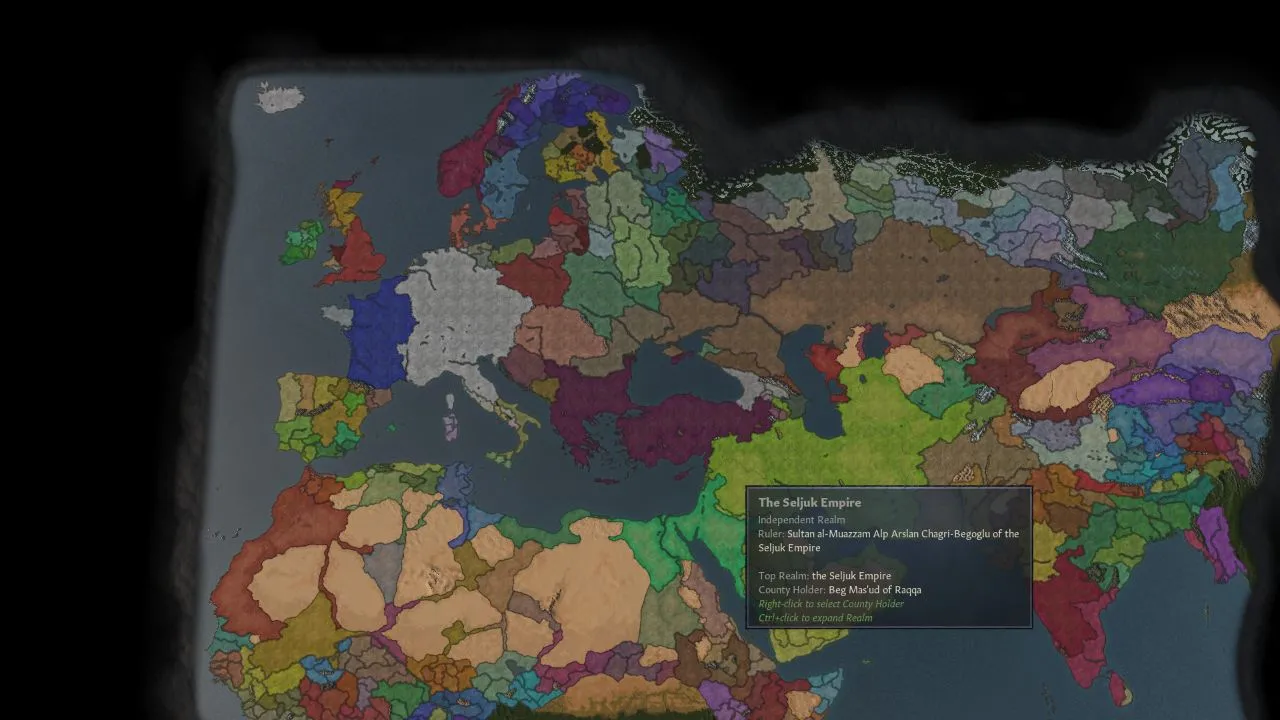 A screenshot from Crusader Kings III displaying character information
A screenshot from Crusader Kings III displaying character information
Your ruler’s personality profoundly affects policy choices and bonuses, shaping your domain’s economic, diplomatic, and military development. Education and positive relationships with your children are crucial, preventing incompetent heirs from jeopardizing your hard-earned progress. The personal element is further emphasized through dialogues, eavesdropping, and uncovering secrets within the nobility, providing leverage for negotiations. You can sway opinions, secure advantageous marriages, and manipulate rivals.
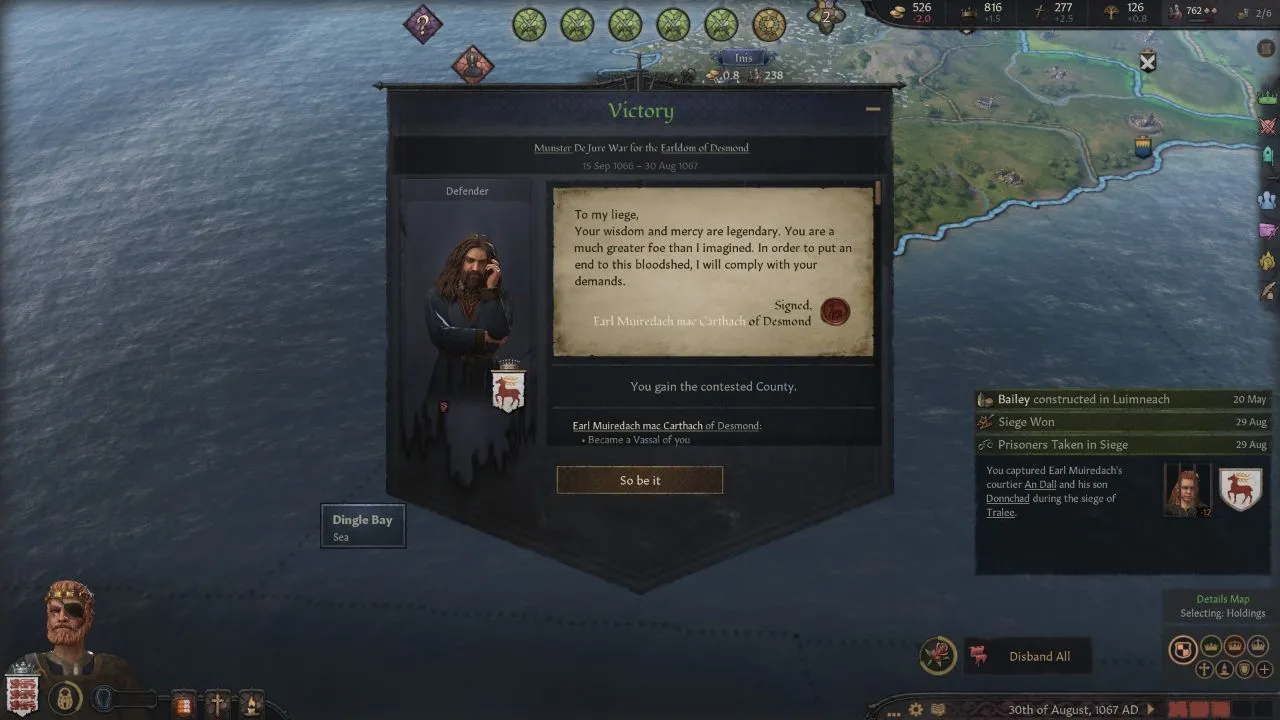 A screenshot from Crusader Kings III showing the character lifestyle screen
A screenshot from Crusader Kings III showing the character lifestyle screen
Warfare has been revamped with a real-time war status bar, displaying the offensive and defensive advantages of each side, offering a more intuitive and dynamic representation of conflict. Army recruitment and movement have been streamlined, reducing micromanagement and allowing players to focus on grand strategy. Named knights and individual leadership traits introduce variables into battles, adding depth beyond simple troop clashes. A loyal knight sacrificing themselves for your escape, or a crucial general’s death in the midst of victory, can create dramatic turning points.
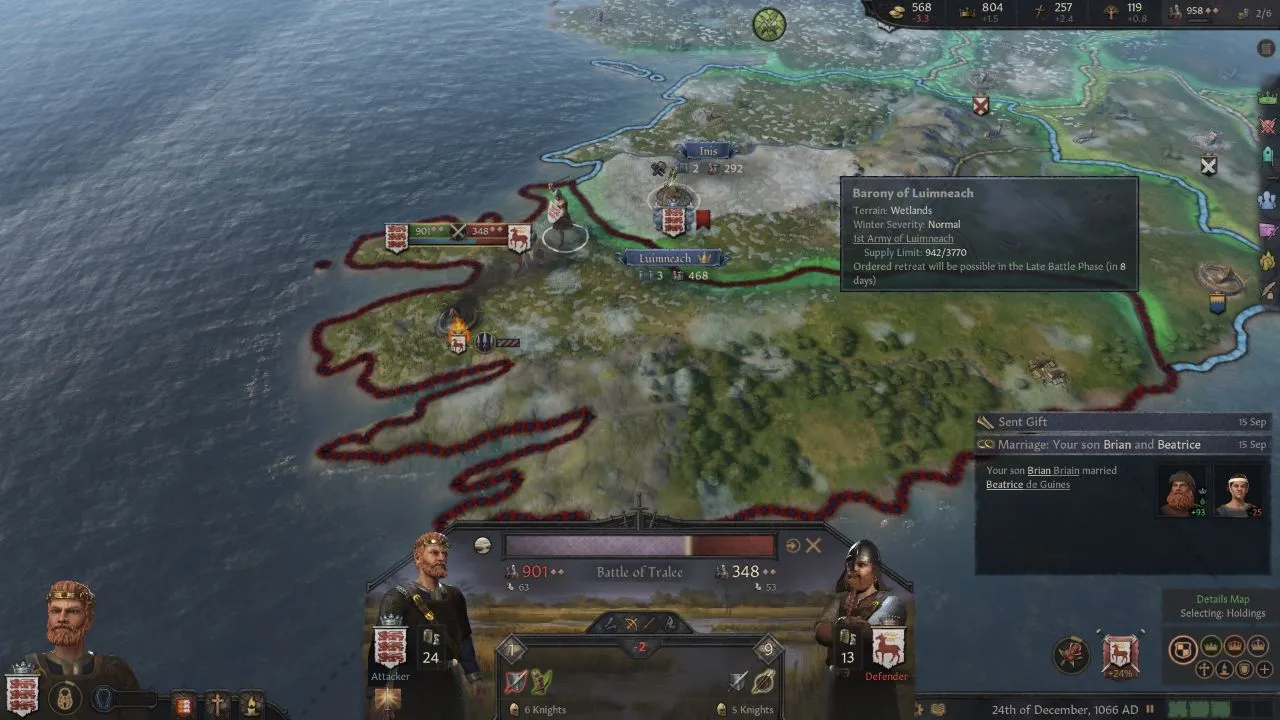 A screenshot from Crusader Kings III showing the army movement interface
A screenshot from Crusader Kings III showing the army movement interface
The intricate political system of vassals and the church hierarchy paints a vivid picture of medieval Europe, culminating in epic crusades that sweep across the map. Through marriages and diplomacy, you can climb the ranks of nobility, overthrow kings, and even ascend to emperor. Crusader Kings III serves as a dynamic and interactive lesson in medieval politics.
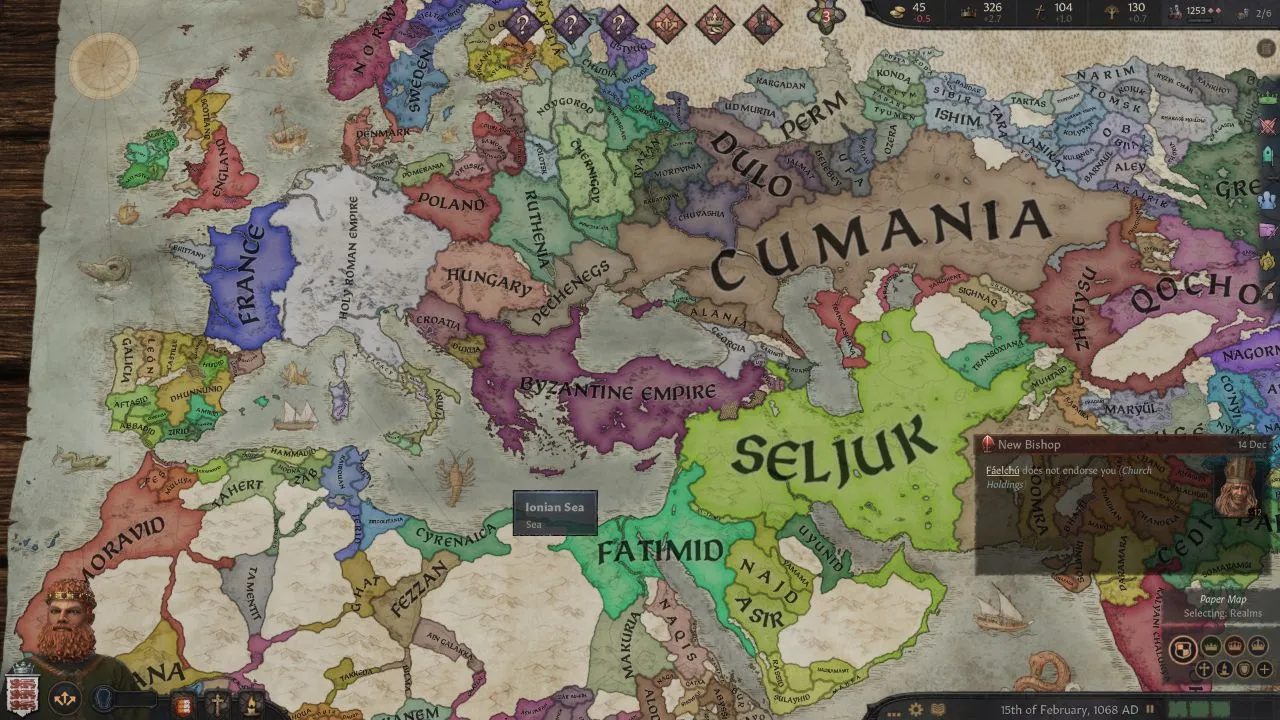 A screenshot of Crusader Kings III depicting a battle scene
A screenshot of Crusader Kings III depicting a battle scene
The visuals, while not pushing graphical boundaries, represent a significant improvement over the previous installment. The soundtrack, a hallmark of the series, expertly sets the mood with a rich collection of medieval compositions.
Minor Imperfections
Despite its polished presentation, Crusader Kings III has a few minor flaws. Random events can lead to unexpected character deaths, sometimes frustratingly disrupting carefully laid plans. Visual glitches, such as culturally inappropriate attire, can occur due to the random character generation system. However, these minor issues rarely detract from the overall experience.
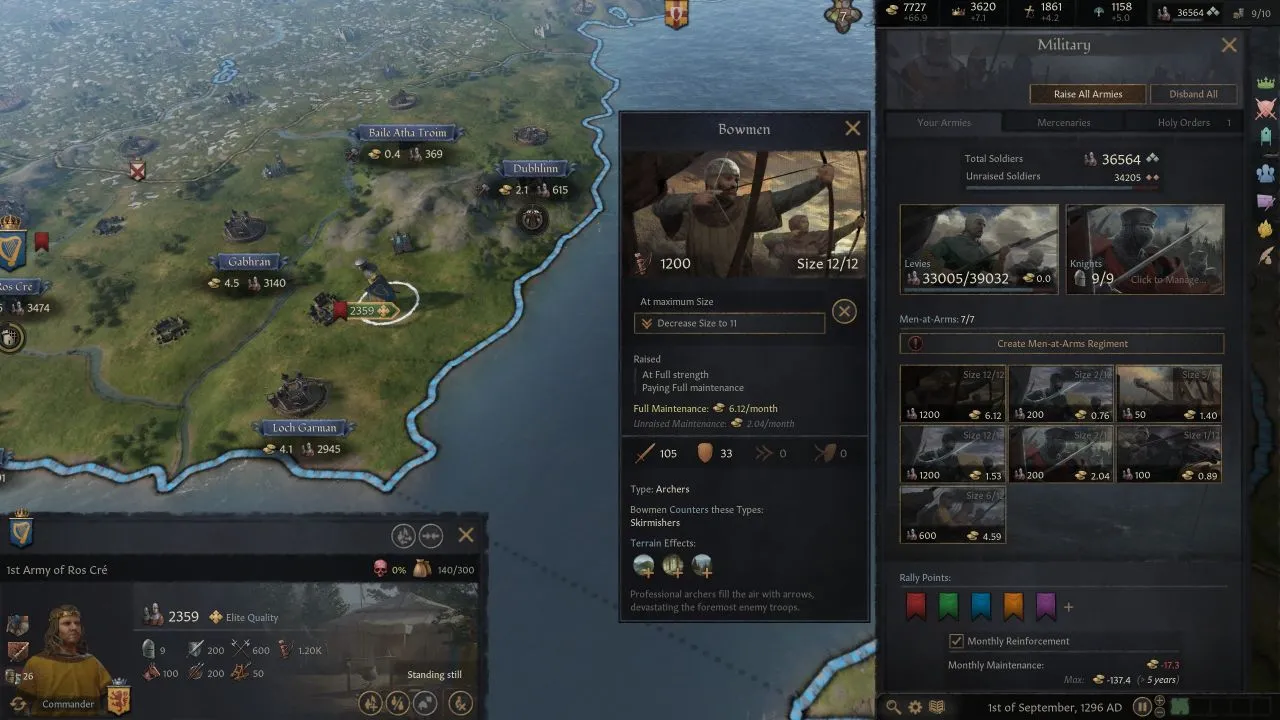 A screenshot from Crusader Kings III showing the character creation screen
A screenshot from Crusader Kings III showing the character creation screen
Conclusion
Crusader Kings III is a superb grand strategy experience that genre fans should not miss. Its refinements and innovations deliver a compelling and immersive gameplay experience.
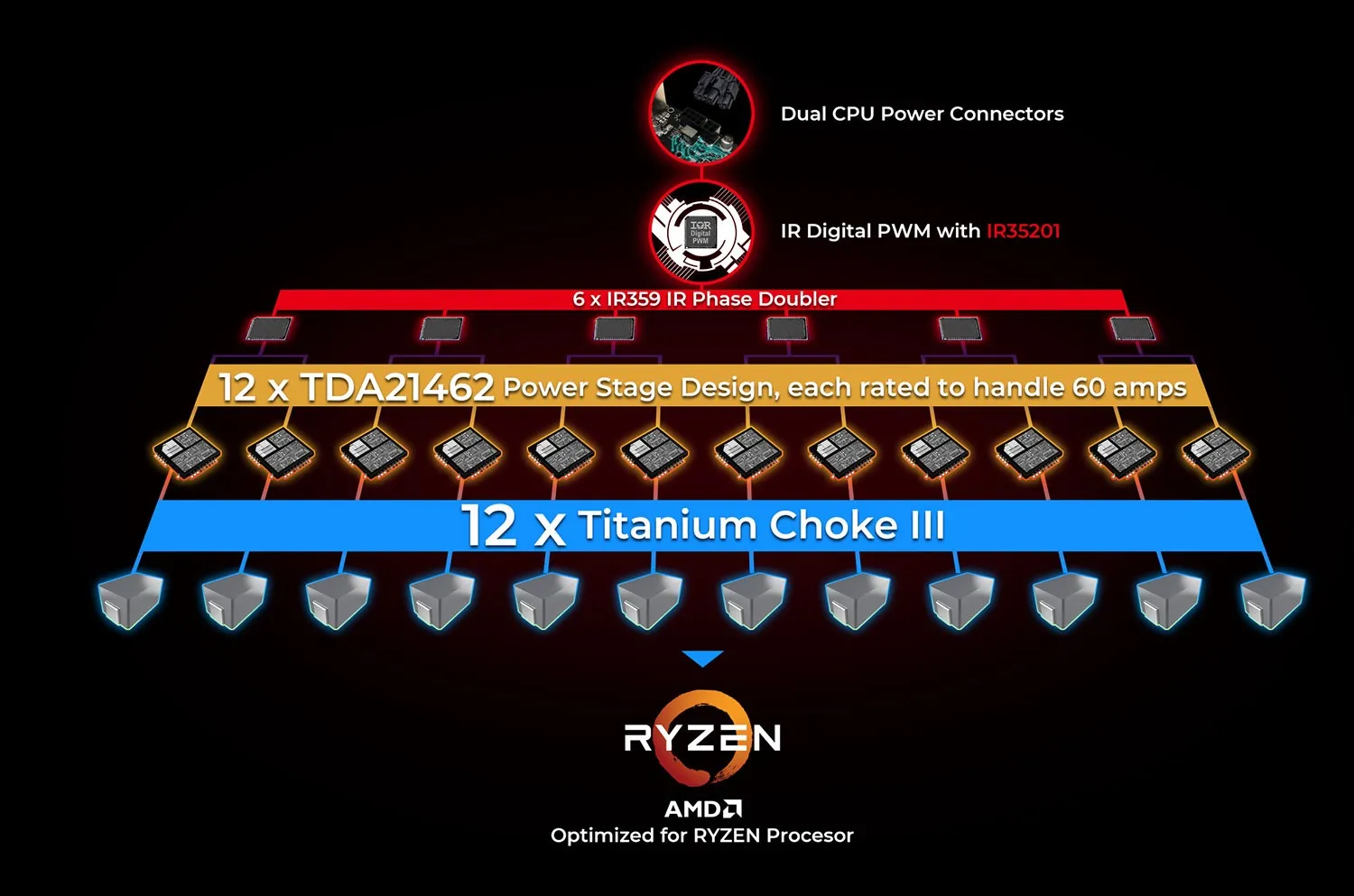


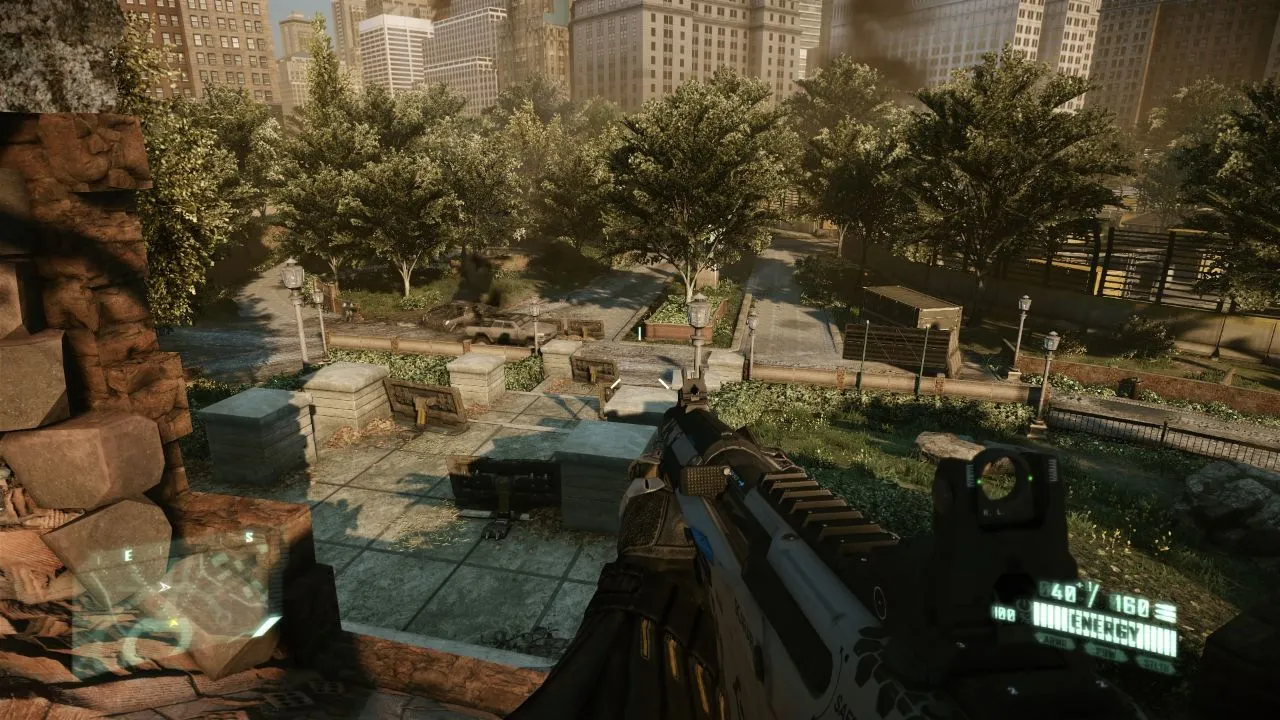

Comments (0)